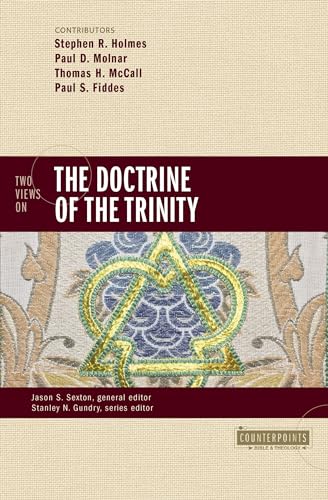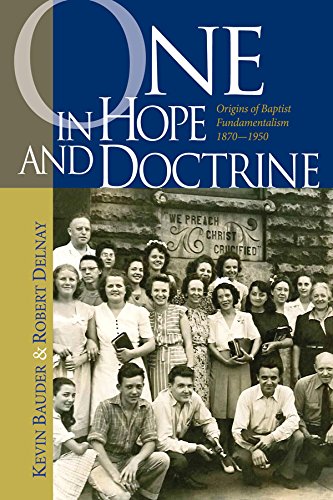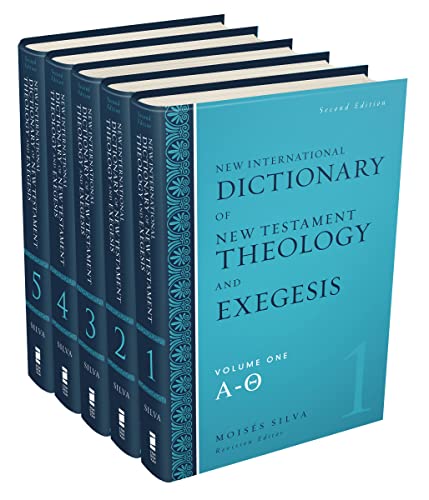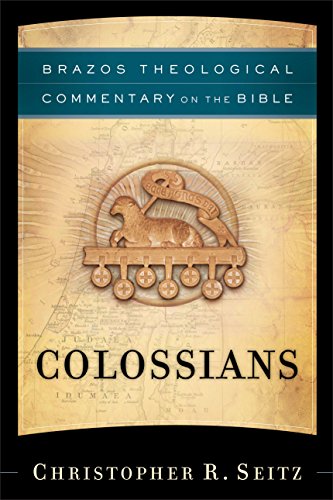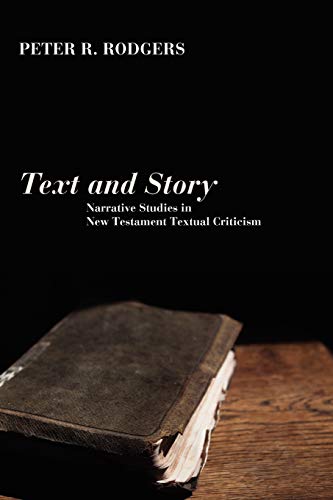The New Evangelical Social Engagement
Written by Brian Steensland and Philip Goff, eds. Reviewed By David Ceri JonesThis volume charts and explores some very recent developments in American evangelicalism. For much of the twentieth century evangelicals in the United States shied away from the social implications of the gospel, fearful of being suspected of a lack of orthodoxy, or being exponents of a theologically attenuated social gospel. That changed dramatically in the late 1970s and the early 1980s with the emergence of the Religious Right, which saw many evangelicals throw their weight behind the Republican party, in support of deeply conservative stances on various moral and ethical issues. This volume argues that in the wake of 9/11 some evangelicals, disillusioned with the general evangelical embrace of militarism and the war against Iraq, began to question the by then customary alliance between evangelicals and right-wing politics. Two new movements, the Emerging Church and the New Monasticism, challenged this consensus, resulting in a much more radical evangelical critique of contemporary politics and society that went far beyond traditional evangelical concerns with abortion and sexuality. The editors of this collection argue that this shift brought about the emergence of a new evangelicalism.
This volume is divided into three sections. An introduction by the editors sets the scene, before six chapters examine various aspects of the new evangelicalism. Most of these chapters are based on direct observation in the field, and explore the growing prominence of social action among various groups on the ground. These include a study of InterVarsity’s Urbana student missions conference in St. Louis in 2006, a closer examination of the views and approaches of fifty evangelical women activists in New York, and the curriculum of a yearlong course on spiritual formation developed by a group of emerging evangelicals in Cincinnati. Other chapters in this section look closely at the New Monasticism and the popularity of Catholic social thinking on some younger evangelicals. In each instance a broadening out of the social concerns, beyond the narrow preoccupations of the Religious Right, are charted.
These new areas of evangelical social engagement are adumbrated still further in the second section of the collection. In a chapter on divergent attitudes to environmental issues, Laurel Kearns focusses on climate change, something long denied by right leaning evangelicals. Environmental concern, she argues, has not been attractive to evangelicals when it implies major social and policy change, but when green issues are focussed on individual actions they seem to appeal much more to the individualistic impulse that characterises much of the evangelical movement (p. 172). Further chapters explore new evangelical attitudes towards race, a more progressive approach to the anti-abortion campaign, (free of aggressive rhetoric of the right), and a new realisation of the importance of human rights and a commitment to the alleviation of global poverty.
A final section, consisting of just three chapters, offers some concluding reflections. Joel Carpenter, in perhaps the strongest of the three essays, offers some historical perspective, arguing that some of these shifts in emphasis and new evangelical expressions are typical of an evangelical movement that has always attracted ‘restless and visionary rebels and innovators [who] have created new ways and means of expressing evangelical commitment’ (p. 265). The shift to the left among some contemporary evangelicals is just another example of this characteristically evangelical process.
From the distance of the United Kingdom, American evangelicalism can seem simultaneously both enervating and deeply perplexing. The heavily polarised American political system, where the chasm between left and right leaves the mainstream British political parties looking anaemically similar to one another, has apparently been replicated among contemporary evangelicals. The growth of left-leaning and more progressive social engagement, the subject matter of this book, has it seems received an enormous boost by the reaction of some evangelicals to 9/11 and the strident crusading militarism of the Bush presidency. Indeed, a purportedly evangelical and much heralded president seems to have polarised the American evangelical movement as few others.
Perhaps this volume would have benefited from more comparative content, a less exclusive focus on the American context. In Britain, a more socially aware evangelicalism emerged during the late 1970s spearheaded by the Anglican evangelical John Stott—strangely absent from this volume. One of the striking features of the rediscovery of social action charted in this volume has been the nature of the groups through which these changes have taken place. While some such as Timothy Keller have remained faithful to their traditional theological heritage, others—especially from within the Emerging Church camp—have not stopped at a renegotiation of social attitudes, turning their attention to a redefinition of aspects of evangelical theology as well. The story charted in these pages is still in its infancy; it will be a number of decades yet before scholars are in a position to assess the final destination of some of those discussed in this volume.
David Ceri Jones
David Ceri Jones
Aberystwyth University
Wales, UK
Other Articles in this Issue
The account of Abraham's near-sacrifice of Isaac has been and will likely continue to be violently applied so long as the dominant misunderstanding of the text prevails...
In recent years, a growing cadre of younger historians has begun publishing significant books on the history of American evangelicalism...
Romans 4 remains a central text in the debate over the New Perspective on Paul...
Within the intra-Reformed debate over baptism, covenant theology is a crucial aspect in determining one's position...
‘Fathers of Faith, My Fathers Now!’: On Abraham, Covenant, and the Theology of Paedobaptism
by David GibsonThe figure of Abraham creates a covenantal framework for biblical theology that allows baptism to be considered in relation to the Bible's developing story line...



